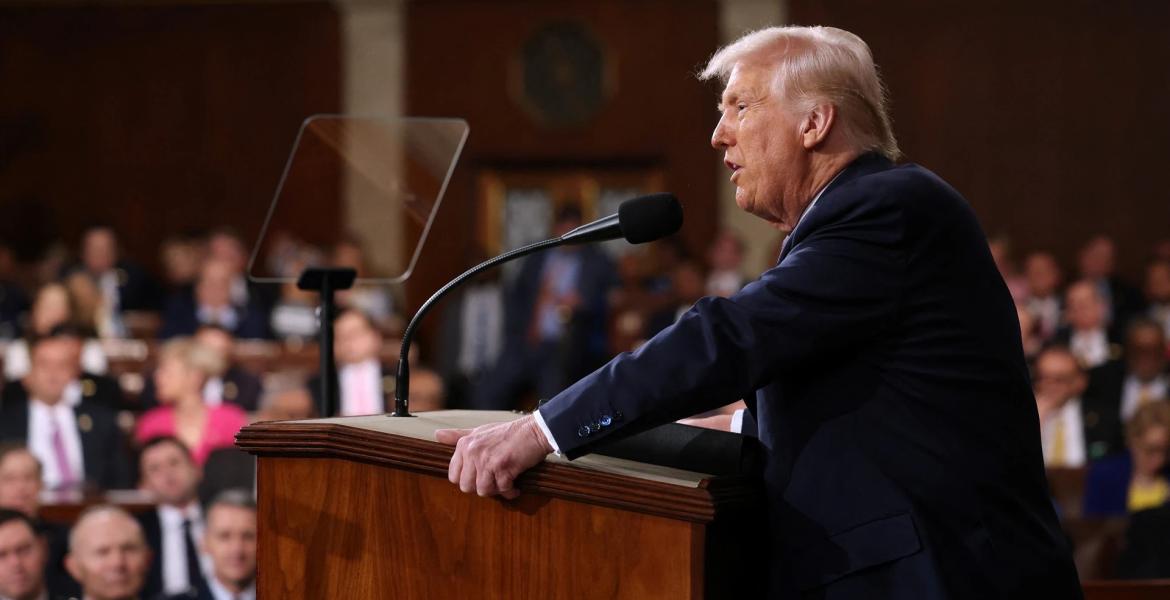AUSTIN, TX — Texas lawmakers are pushing for stricter regulations on processed foods and nutrition education under the “Make Texas Healthy Again” legislative package, aiming to reduce chronic disease and obesity across the state.
The package includes three bills: Senate Bill 25, Senate Bill 314, and Senate Bill 379, each targeting different aspects of food regulation, from school lunches to SNAP benefit restrictions.
Senate Bill 25: Physical Education, Nutrition Education, and Food Warnings
Filed by Sen. Lois Kolkhorst (R-Brenham), SB 25 expands physical education (P.E.) requirements for sixth, seventh, and eighth graders, ensuring they participate in at least 30 minutes of physical activity for six semesters. The bill also prohibits schools from restricting P.E. participation due to academic performance or behavior.
In addition, nutrition education would become mandatory for all Texas physicians and medical students, reinforcing awareness of the health risks associated with processed foods and food additives.
SB 25 would also establish a Texas Nutrition Advisory Committee, composed of experts in metabolic health, agriculture, and medicine. The committee’s role would be to study the links between artificial additives and chronic illnesses. Furthermore, products containing ingredients banned in Canada, the European Union, or the United Kingdom would require new warning labels.
Senate Bill 314: Banning Food Additives in School Meals
Sen. Bryan Hughes (R-Mineola) introduced SB 314, which would ban certain food additives in free and reduced-price school meals, targeting chemicals linked to health risks. The bill names seven additives, including brominated vegetable oil, potassium bromate, propylparaben, azodicarbonamide, butylated hydroxyanisole, red dye 3, and titanium dioxide.
Hughes defended the bill’s restrictions, saying, “The choice before them is to eat what’s before them or go hungry, consume dangerous chemicals, or be malnourished.”
Senate Bill 379: Restricting SNAP Purchases
Sen. Mayes Middleton (R-Galveston) filed SB 379, which would prohibit SNAP benefits from being used on foods deemed nutritionally inadequate, such as soda, candy, energy drinks, chips, and cookies.
Middleton argued that such products do not align with the SNAP program’s original purpose, stating, “Those are not about health and well-being. It’s not even satisfying the intent of the SNAP program to begin with.”
The WIC (Women, Infants, and Children) program already prohibits these items, and Middleton believes SNAP should follow similar guidelines.
If approved, the bills will move to the full Senate for further consideration.
Subscribe to the LIVE! Daily
Required





Post a comment to this article here: